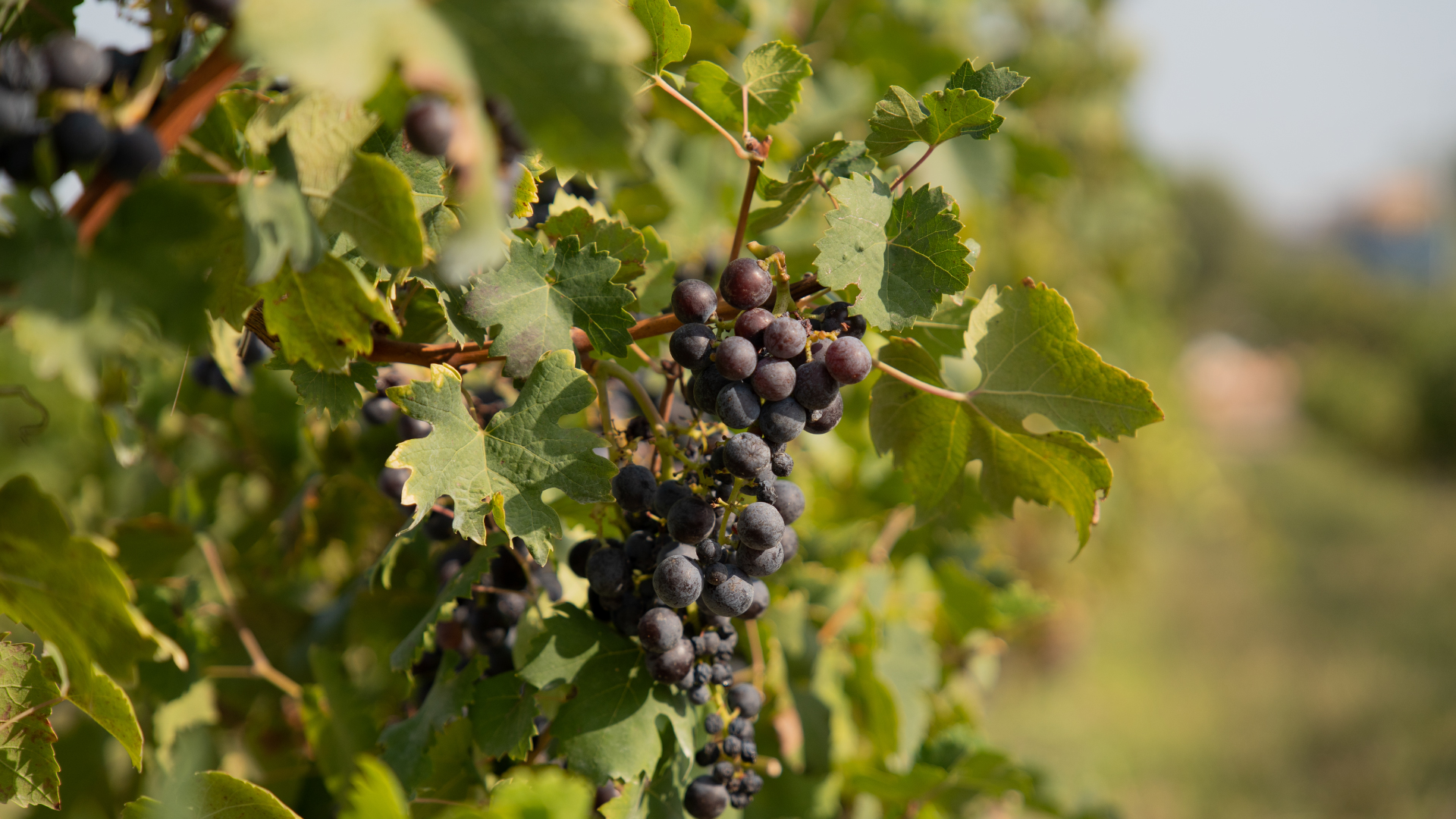From Farm to Table:
School Project
School gardens to promote environmental, health, and nutrition education, as well as solidarity, dedicating the necessary time for students to deeply absorb the experience.
Objectives:
Have fun together while learning the techniques of agriculture. Create a garden in the schoolyard or using planter boxes. Learn about important topics related to the environment, nutritional education, and health. Gain scientific, historical, and practical knowledge of the gardening world through play.
Who is it for?
The project is designed for elementary and middle school students.
The From Farm… to Table project is inspired by the idea of a 360° workshop. Cultivating is perhaps the oldest gesture that marked the birth of civilization, and cultivating a school garden is, above all, cultivating knowledge. Knowledge connected to actions, experiential learning, and traditional wisdom that young generations don’t always have the opportunity to explore.
Gardening at school is a way to learn about one’s environment, understand community dynamics, appreciate collective resources, and recognize knowledge from other generations and cultures.
It’s an interdisciplinary activity adaptable to any age, a growth opportunity that transcends the teacher-student divide, fostering shared actions, decisions, knowledge, and methods. Through gardening, students "learn by doing," developing manual skills, practical connections with nature, environmental awareness, patience, respect for diversity, teamwork, and connections to food and nutritional education. School gardens serve as ecological education tools, reconnecting children with the roots of food and life.
Through sowing, nurturing, harvesting, and composting activities, students learn environmental and nutritional principles, grasping the importance of social relationships and care for the environment.
Day 1
Theoretical and Practical Session
The activity will take place at school. A team of experts will introduce students to the basics of gardening. Seeds from the core of a pumpkin, along with basil and parsley plants, will be part of an “Orto-Bag” that children will take home and care for. The aim is not only to bring children closer to nature in its most primal form, but also to teach them to care for something over time, countering the disposable mindset.
Day 2
Practical Session
Planter Box or School Garden
Two options depending on the school’s resources:
1. Each student creates their own planter box with tomatoes, peppers, zucchini, basil, parsley, cucumbers, and more.
2. If the school has a plot of land, experts will work with students to establish a professional garden with irrigation, mulching, and seasonal plants, aiming to produce a substantial amount of vegetables by the end of the project. These vegetables will be used for market sales or recipe preparation to introduce students to healthy eating.
Day 3:
Theoretical and Practical Session
A walk in the outskirts of Canosa to discover its treasures. The day includes a visit to a professional garden with vegetable harvesting, a tour of archaeological sites, and a year-end celebration at Cave Leone, a fascinating pre-industrial archaeological site steeped in legends. Together with experts, students will prepare healthy and delicious recipes using previously harvested vegetables. Each participant will receive a certificate of participation at the end of the day.
Day 4
Theoretical and Practical Session
Setting up a farmers’ market stand to give students hands-on math practice and introduce them to product marketing. Unsold produce will be donated to Casa Francesco or families in financial difficulty, encouraging students to engage in solidarity.

